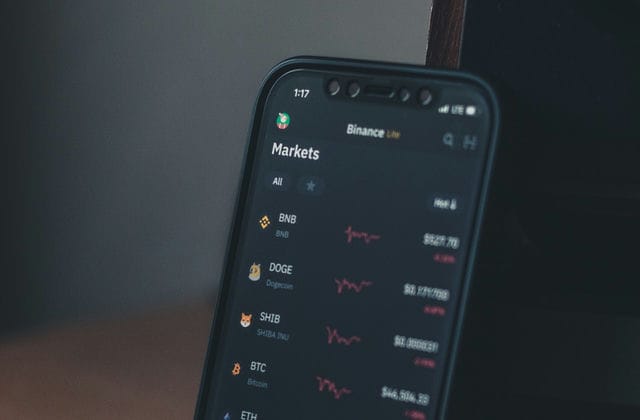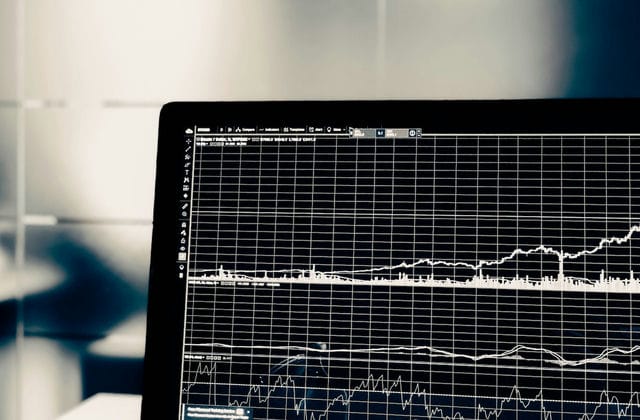After examining the development of various types of financial markets and macroeconomics, Soros found that they never showed a tendency towards equilibrium. In fact, I am afraid it would make more sense to assert that markets tend to go into excessive disequilibrium, because, sooner or later, such disequilibrium will grow to an intolerable point and eventually have to be corrected.

The decision to buy or sell a commodity is not so much based on the fact that the market is in equilibrium, but rather on the perception that the market is unbalanced, or rather that the psychological expectations of the market are unbalanced. It is the degree of deviation in expectations that leads the market to excessive disequilibrium. It can therefore be argued that finding the gap between market expectations and objective facts is Soros' shortcut to identifying investment opportunities in the financial markets.
He argues that the scientific method is based on the presupposition that a successful experiment should confirm the validity of the hypothesis being tested, yet the success of an experiment does not guarantee the validity or truth of the statement being tested when the subject involves a thinking subject. The thinking of the participants has nothing to do with the facts, but it influences and complicates the process of how things develop. However, scientific and objective facts will eventually correct those misunderstandings and cognitive gaps.
In the case of the agricultural futures soybean market, for example, gaps in market expectations often tend to arise in the early stages of crop growth in terms of expectations of the final yield from wet and dry weather conditions throughout the process, expectations of excessive expansion or contraction in the size of demand, excessive expectations of the financial attributes of agricultural commodities, expectations of the duration and strength of the impact of unexpected events, and excessive expectations of the size of capital in the capital potential, etc.

Financial markets operate in disequilibrium and gaps between the perceptions of market participants and the reality are inevitable. Because of our limited energy and imperfect degree of perception, detecting deviations between market expectations and what is objective and the tendency for markets to become overly unbalanced is not only one of Soros' investment secrets, but deserves the attention of the general public of investors.





























